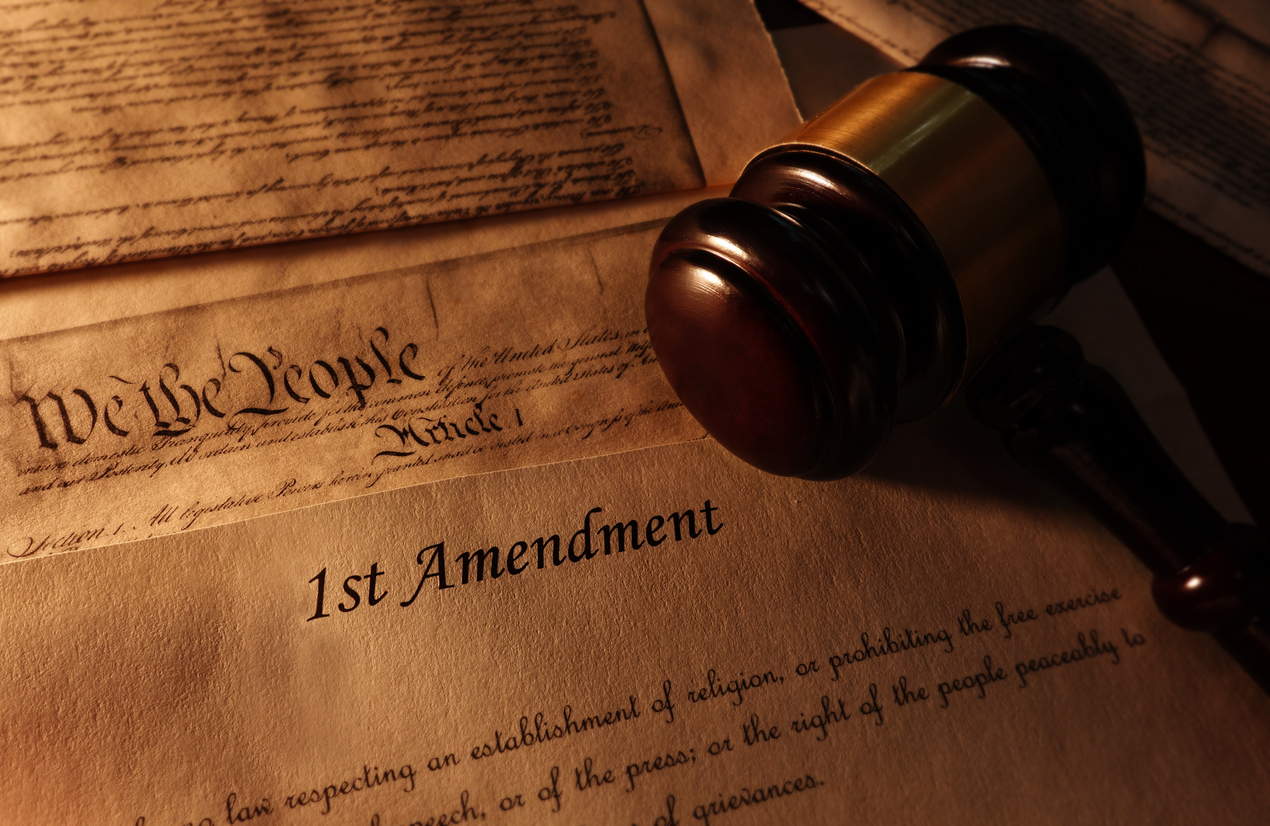Wisdom: Considering Mediation in a Time of Crisis
by Lee Cotugno
Coronavirus, COVID-19, Emergency Paid Sick Leave, Extended FMLA, CARES, PPP loans (not to mention social distancing and isolation orders)…the emergency actions taken in response to the coronavirus have disrupted all aspects of our lives, in particular the workplace. Various efforts have been made to provide assistance in navigating the new laws and regulations and the practical aspects of maintaining a safe workplace, while remaining financially viable. There even may be some light in the tunnel.
These changes have been dramatic, but many likely will be of short duration. However, the employment challenges companies, including religious entities, faced before the pandemic will still be there after these short-term efforts are completed. Indeed, it does not take a crystal ball to realize that those employment challenges will be even greater given the layoffs, furloughs, and similar actions that have been taken. So, while we scramble to adjust, we should not forget that this also is an opportunity to examine how employment disputes have been handled, and to ask, “Is there a better way?”
A renewed look at mediation to resolve disputes could be that better solution. Although part of the legal landscape for years, mediation often has been an after-thought, used only after disputes had exploded into lengthy and costly litigation. All sides in these disputes, upon reflection, are left wondering if a resolution could not have been reached far sooner.
Early mediation, which is incorporated into your employment arrangements, can bring about quicker resolutions. As discussed in the accompanying White Paper, there are excellent reasons for adopting policies that require mediation at the outset of a dispute. It makes sense to review your own situation, tally up the cost of handling disputes the same old way, and take a serious look at mediation as part of a policy to improve your relations with your employees and preserve vital human and financial resources for continued focus on your organization’s mission.
__________
Lee W. Cotugno obtained his law degree from the University of California at Berkeley in 1977 where he was a Member of the Moot Court Board and graduated summa cum laude from the University of Minnesota in 1973. Prior to joining his present firm,Mr. Cotugno worked for a prominent Los Angeles law firm and litigated a variety of complex business and commercial cases. He has tried numerous jury and court trials and has been lead trial and appellate counsel in unfair competition, banking, labor and real estate actions. A substantial portion of Mr. Cotugno’s current practice is in the area of employment law, representing small to medium sized companies as well as corporate officers, employees and workers who have claims for wrongful termination, discrimination, harassment, and other violations of state and federal civil rights laws. Mr. Cotugno also advises and represents companies that seek to comply with state and federal employment laws in order to avoid litigation.
.png)




